PSHE – Dreams and goals
Intent, Implementation and Impact
Subject Key Objective Progression & Development by Year Groups
The following is a guide to help you understand your child’s progression through school.
All lessons are differentiated. This means teachers plan activities that enable the objective to be learned by all children including those who will find the objective challenging, those children who with hard work will secure good progress and those children who can tackle extra stretch and challenge in this subject.
Intent, Implementation and Impact
The curriculum is designed with our pupils and the Swinemoor community in mind.
It enables children to access and enhance their understanding of their home, their town and the wider community, developing their cultural capital and giving them opportunities and choices about their future and their impact as they progress through their school career and beyond.
This will help them become successful members of modern British society, preparing them for the challenges and opportunities.
PSHE – Dreams and goals
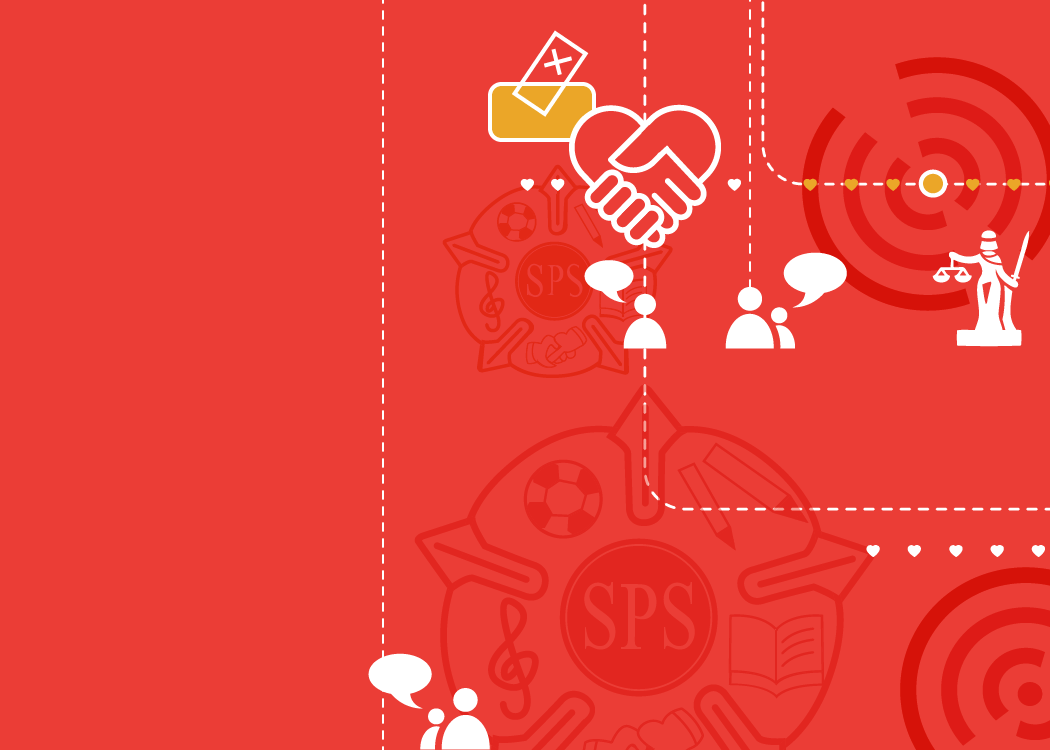
EYFS: “Children are confident to speak in a familiar group. They will talk about their ideas , and will choose the resources they need for their chosen activity.”
KS1: “Children can identify successes and achievements and can tell you how they learn best.”
KS2: “Children know how to overcome problems individually and as part of a group. They appreciate the similarities and differences in aspirations of young people in their own culture and different cultures.”
EYFS:
Hope (T1)
Plan (T1)
Success (T1)
KS1:
Perseverance (T2)
Determination (T2)
Achievements (T2)
KS2:
Aspirations (T2)
Motivation (T3)
Attitude (T2)
Empathy (T3)
Children may demonstrate an understanding of different cultural ideas, individual aspirations and beliefs.
Children may develop empathy with people who are suffering or from different socio-economic backgrounds.
Children will develop awareness of others aspirations, they may develop knowledge of pioneers who have an impact on the world.
What will be made, produced, performed, or published?
Children will participate in a sequence of lessons. They will develop their speaking and listening skills and a better understanding of their own learning potential. Resulting in a clear demonstration of an awareness of aspirations.
What knowledge will the children have embedded?
Children may be able to reflect and compare their own hopes and dreams with other communities and individuals.
A consideration of how to support others in achieving, and understanding of how to overcome obstacles and disappointments.
What retention may be demonstrated?
Here are some example questions that may be used to assess children’s understanding.
EYFS: Who can you go to to ask for help?
KS1: Can you tell me what your goal is? Tell me something you are going to do to help you achieve your goal?
KS2: What obstacles could prevent you from achieving your gaol? What obstacles could prevent other young people from achieving their goals?
PSHE – Dreams and goals – Subject Key Objectives by Year Groups
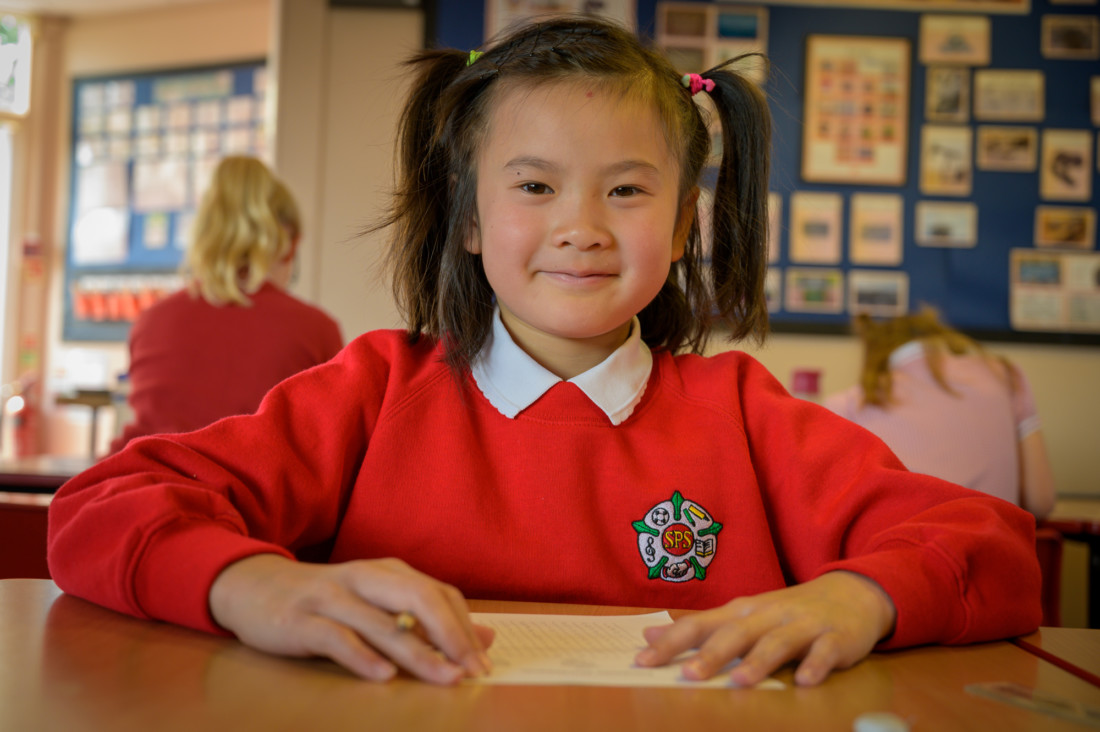
PSHE – Dreams and goals – Foundation stage:
Gain the confidence to ask for help to achieve simple goals.
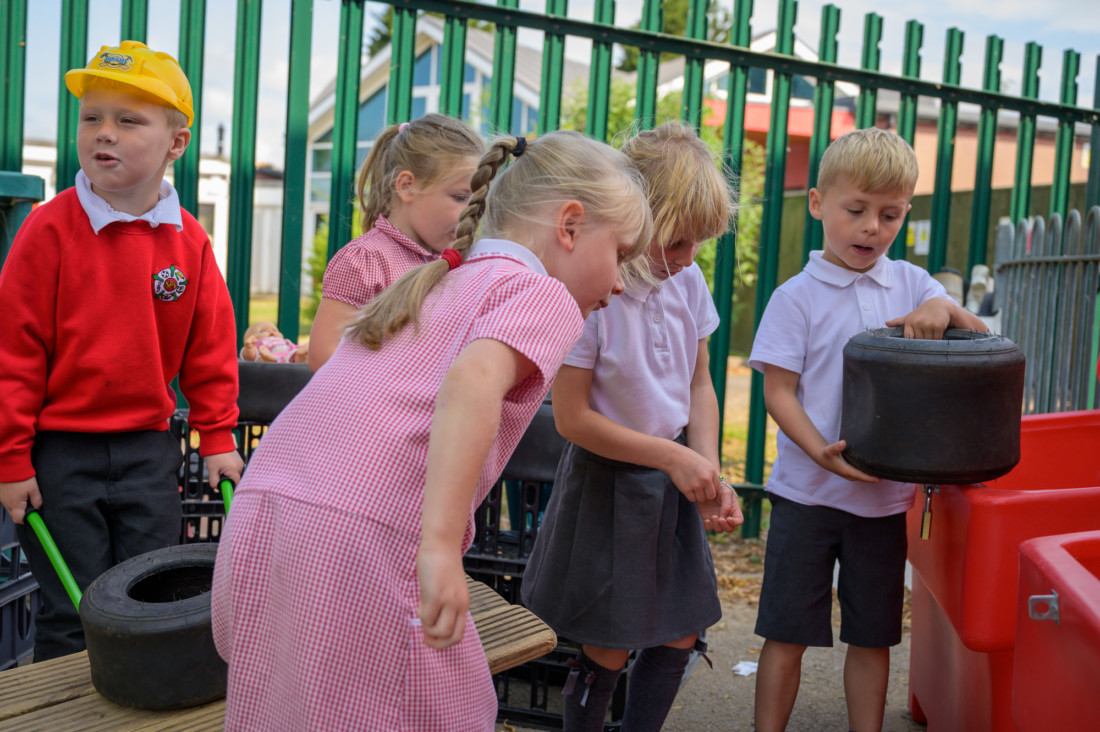
PSHE – Dreams and goals – Year 1:
Understand how to set simple goals.
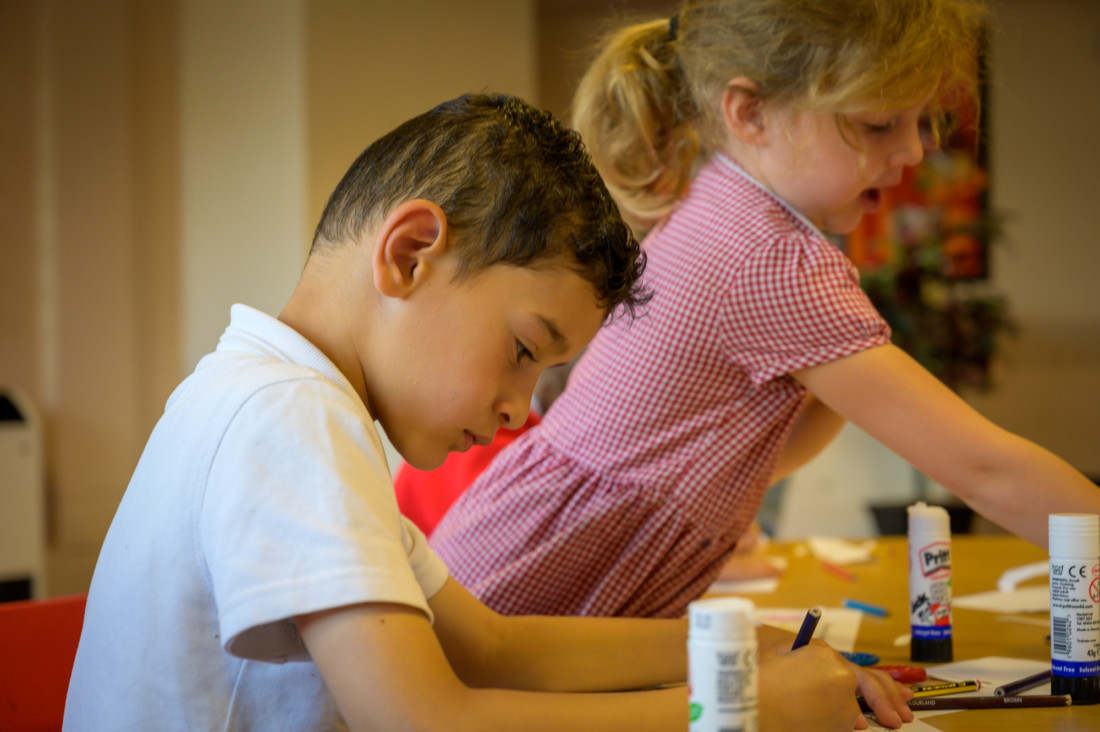
PSHE – Dreams and goals – Year 2:
Understand how to set realistic goals and to think about how to achieve them.
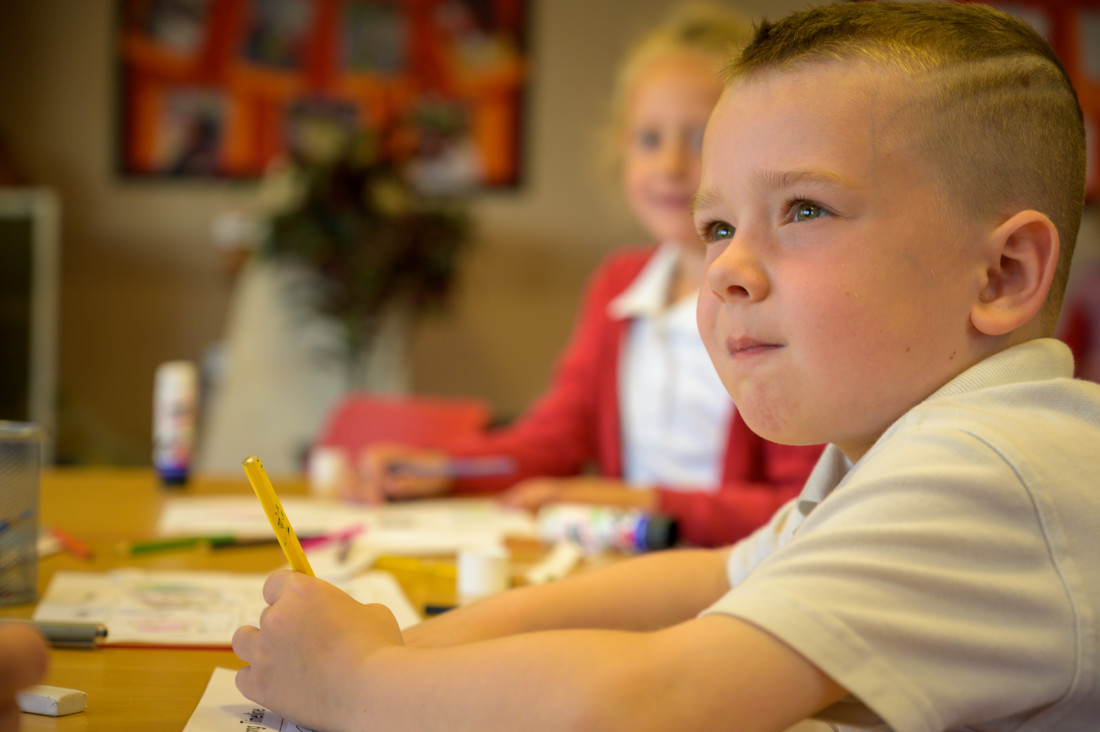
PSHE – Dreams and goals – Year 3:
Understand how to set realistic gaols and think about how to achieve them, recognising obstacles to their success.
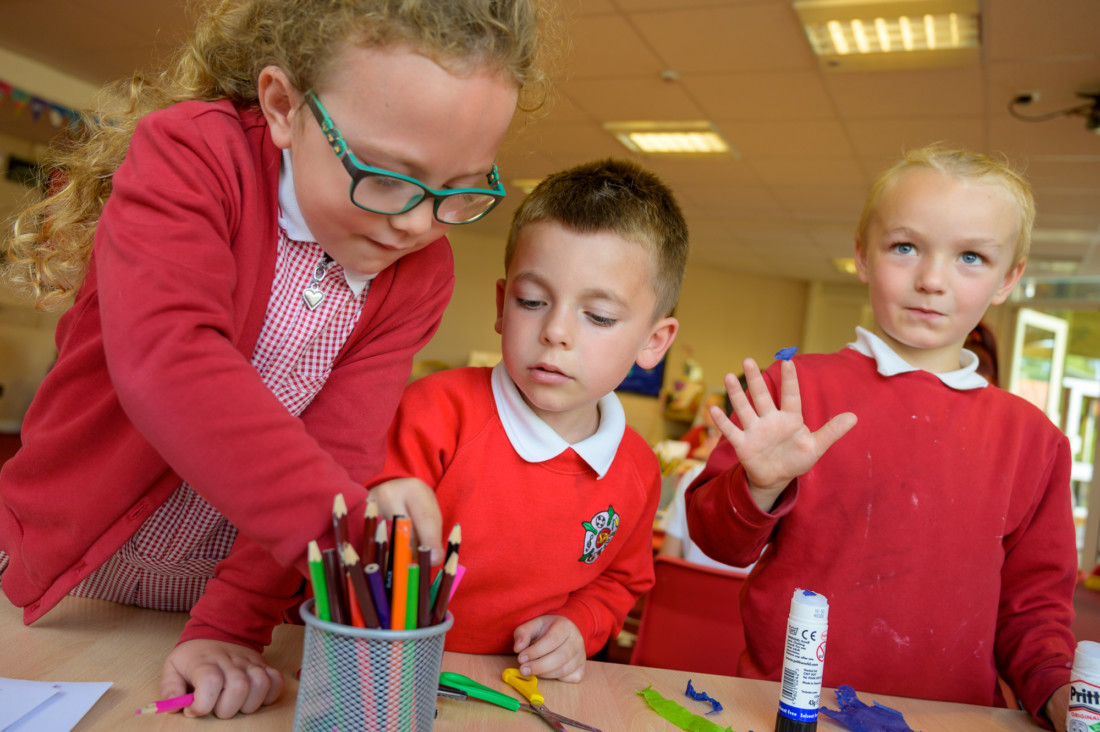
PSHE – Dreams and goals – Year 4:
Understand how to set realistic goals, using a step by step approach to achieve them successfully as part of a group.
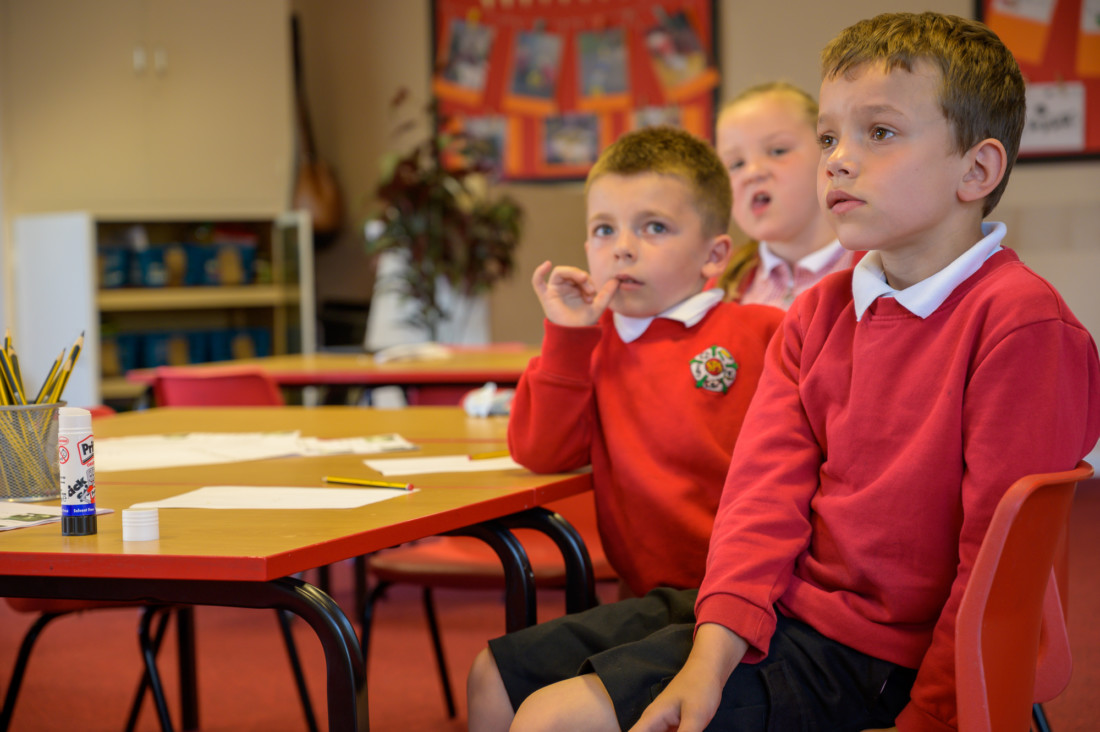
PSHE – Dreams and goals – Year 5:
Understand how to set realistic goals, describing the dreams and goals of young people in other cultures.
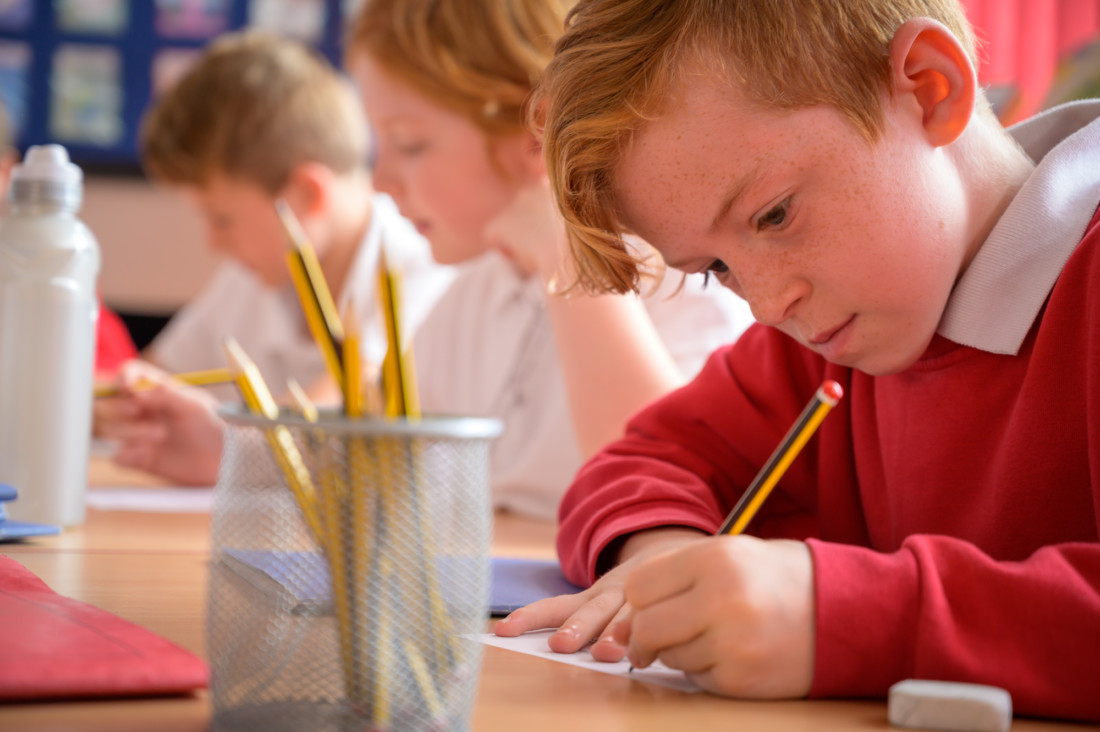
PSHE – Dreams and goals – Year 6:
Understand how to set realistic goals, describing ways to work with other people to make the world a better place.
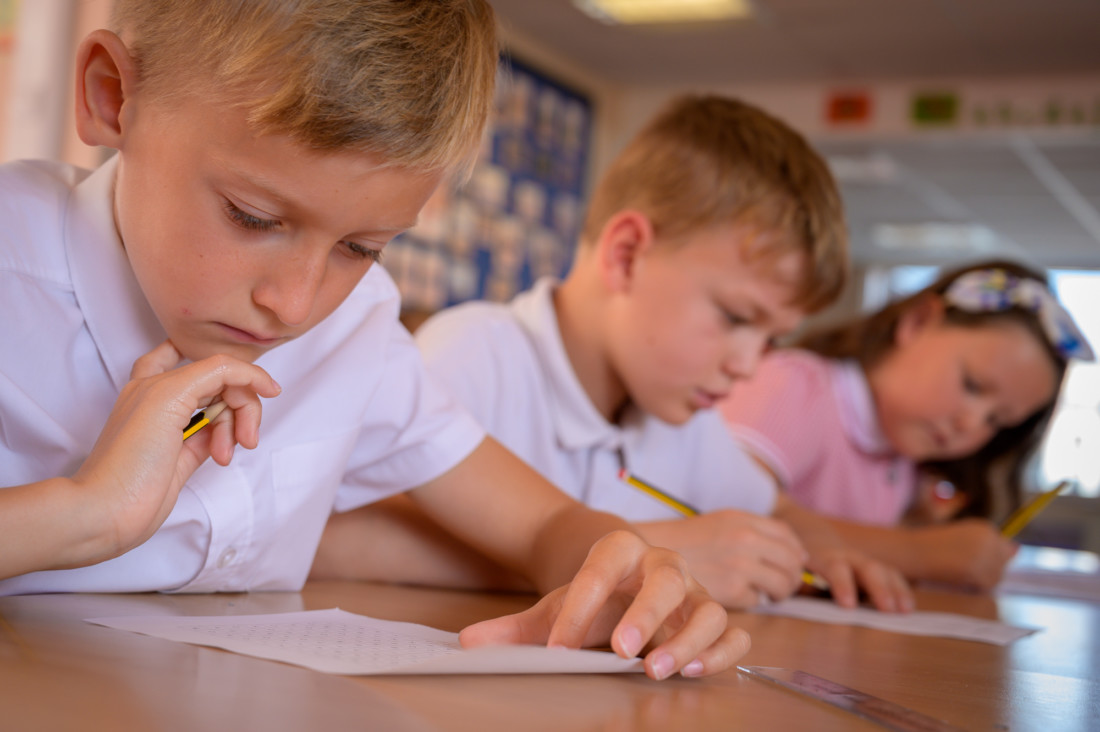
PSHE – Dreams and goals – Mastery:
Understand how to set realistic yet aspirational goals that may impact positively on the world around them. goals.
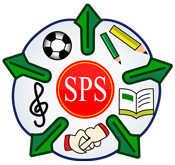
This collection of short films and resources will help you understand your child’s progression through school.
The curriculum film resource has been broken down by subject area initially and then by topic area.


